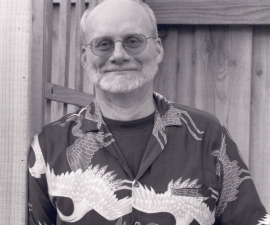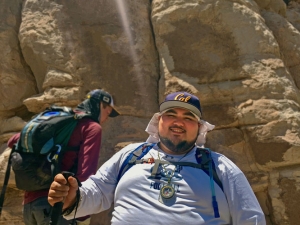

Research Expertise and Interest
California archaeology, coastal hunter-gatherers, North American archaeology, archaeology of colonialism, indigenous landscape management
Research Description
Kent Lightfoot is a North American archaeologist who has worked in New England, the American Southwest, and the Pacific Coast of North America. He specializes in the study of coastal hunter-gatherer peoples, culture contact research, and the archaeology of colonialism. Since joining the Berkeley faculty in 1987, his research has focused on Native Californian peoples and their encounters with early European explorers and colonists. He works primarily in the greater San Francisco Bay Area. His recent research projects include field work at Fort Ross State Historic Park, where a collaborative team of scholars are considering the long-term implications of multi-ethnic interactions between Russians, Native Alaskans, and Native Californians (primarily Kashaya Pomo and Coast Miwok) at Colony Ross (1812-1841). They are now in the process of working with California State Parks to develop and construct an interpretive trail that will highlight the indigenous and colonial histories of Fort Ross using archaeological studies, indigenous oral traditions, and ethnhohistorical sources. He is participating in a collaborative research program with the Amah Mutsun Tribal Band and California State Parks on the Santa Cruz Coast that is evaluating archaeological and ecological evidence of indigenous landscape management practices, specifically the common use of cultural burning to enhance the biodiversity, quantity, and sustainability of useful plants and animals in local habitats. He is also working on another collaborative research project on the use of low-impact archaeological methods to study a significant Indigenous village in the southern Sierra Nevada Mountains with the North Fork Mono Tribe and other scholars from local tribes, resource agencies, and UC Berkeley.
